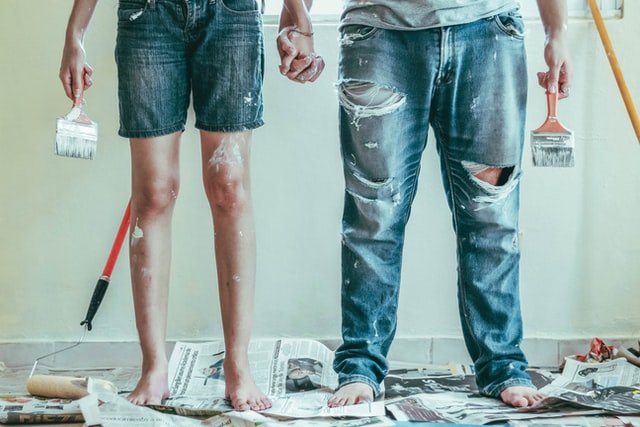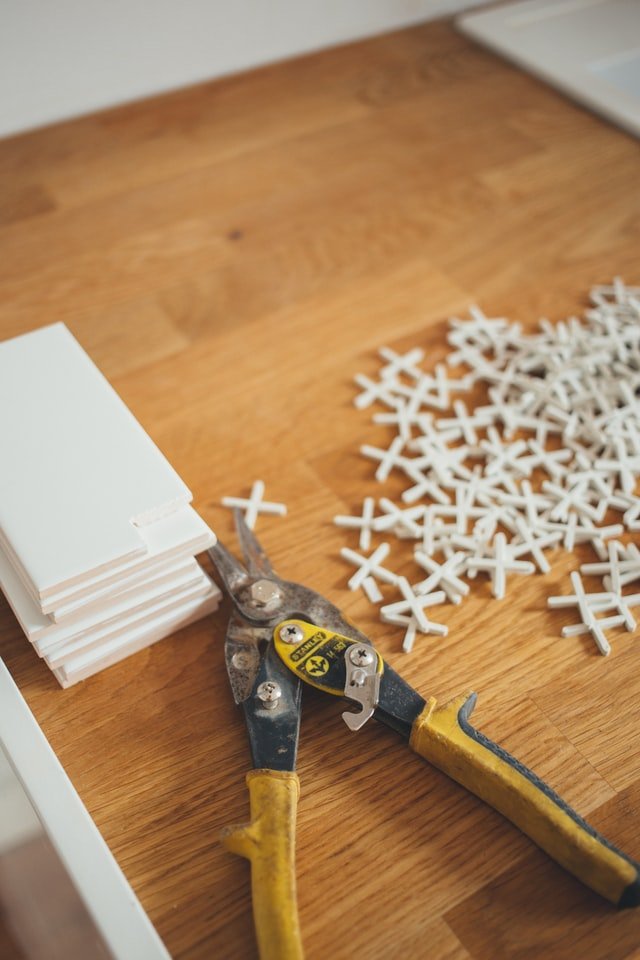
Top Tips for All the DIY Newbies

Doing a do-it-yourself (DIY) project can be exciting, especially if you are new to it, but don’t let it overwhelm you. Finding the right project to begin with can be fun and your first step is finding the tools and materials needed. Understand your craftsmanship limits and don’t be afraid to take the time to invest in learning a new skill. DIY projects are plentiful when renovating your home whether you’ve just moved in or are looking to upgrade your style. You just need to be committed to seeing your project through to the end. Here are five top tips for all DIY newbies.
1. Get the right tools
For any DIY project, the right tools are necessary to complete it successfully. Do the research and find out exactly what is necessary to complete the project from start to finish. Once you have your checklist of project tasks, you can make a list of the required project tools and equipment; all easily bought online from ADA Fastfix. You may already have some of the basic tools like a hammer or screwdriver, however larger projects may require equipment like nail guns, screwdrivers, glue guns, etc. Be sure you have all tools on hand before starting your project so you can quickly complete your tasks.
2. Consider any deadlines
Setting a proper deadline for your project is a must! If you’re a DIY newbie, it’s smart to allow more time for the project than you would than if done by a professional. Attempting to remodel your kitchen a month before the holidays or special event, probably isn’t the best idea. Take into account the timeline on ordering supplies, like tiles, cabinets or fixtures that are the elements for your project. If you’re installing a bathroom sink for example, if you have everything you need but your fixtures are on back-order, you’ll need to push that deadline out. Don’t rush yourself or become frustrated if the project goes longer than expected. Set milestones for your project to keep your project on course, with the goal of meeting your realistic deadline.
3. Start small
Starting small isn’t a bad thing. As a beginner, you shouldn’t have any problems starting with the basic DIY projects like fixing loose trim or flooring, or repairing a squeaky door hinge. With each project your confidence should improve and you’ll get more experience as you go along. Try to concentrate on simpler tasks to get a better understanding of how things should be done, before taking on more significant projects. Plumbing, electricity, and fixing electrical appliances should be left till last. Working with those types of projects can be very dangerous and as such, should be reserved for the experts.
4. Try your hand at new things
Once you feel you’re tackling the smaller projects with ease, then you’ll be ready to start exploring new and more complicated projects. As more in depth projects come to mind, with it will come the need for the potential different skill-set and perhaps…some different tools. Set goals for yourself on the areas of home repair that are of interest to you. Create a list of projects that “need attention” and then upgrade to those “it would be really cool if I could do that” type of projects.
5. Invest in DIY tips and instruction
There are so many resources out there for the DIY beginner (and the future experts!) Going online is top of the list with videos and articles that will provide step by step instructions on a per project basis. Just as the saying goes, “Measure twice, cut once.” taking the time to have a full comprehension of what is involved in every project will help stick to a deadline and most of all keep you safe along the way.
Plan out the steps of each project and don’t be afraid to call in a professional if a project calls for an expert!



































